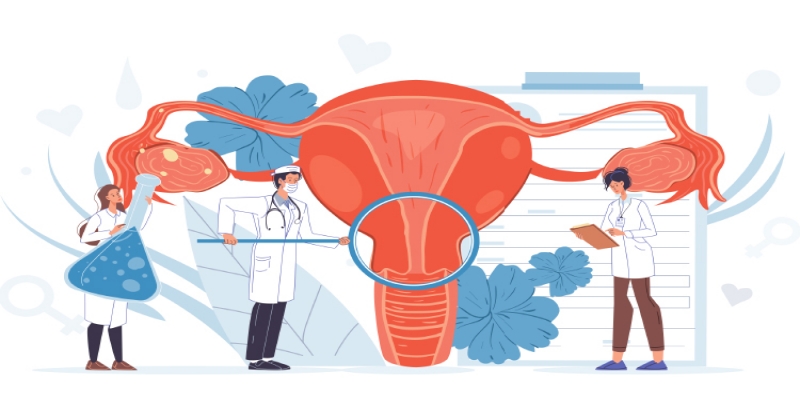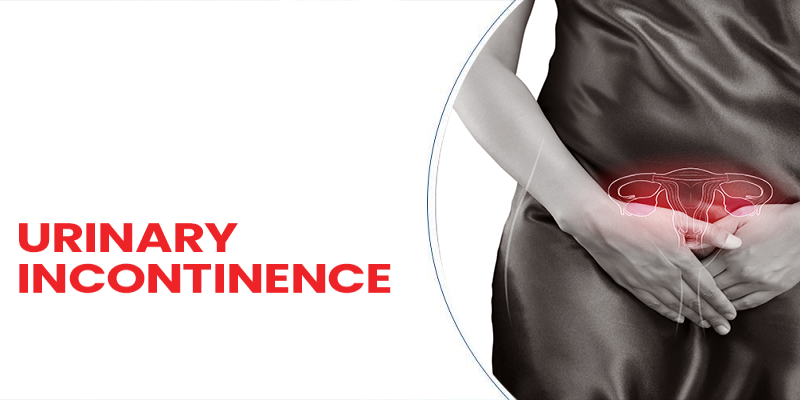Female urinary incontinence is a common condition characterized by the involuntary leakage of urine. The causes of urinary incontinence in women are diverse and often multifactorial. Some common causes include pregnancy and childbirth, which can weaken pelvic floor muscles and damage nerves that control bladder function. Menopause leads to decreased estrogen levels, potentially affecting urethral tissue health. Other factors include obesity, which increases abdominal pressure on the bladder, and certain neurological conditions that interfere with nerve signals controlling urination. Symptoms vary depending on the type of incontinence but generally include involuntary urine leakage during physical activities (stress incontinence), a sudden, intense urge to urinate followed by involuntary urine loss (urge incontinence), or a combination of both (mixed incontinence). Some women may experience constant small leaks or difficulty emptying their bladder completely.
Diagnosing female urinary incontinence typically involves a comprehensive approach. The process usually begins with a detailed medical history, including questions about urinary habits, fluid intake, and any factors that might trigger incontinence episodes. A physical examination is performed, which may include a pelvic exam to assess pelvic floor muscle strength and check for pelvic organ prolapse. Urinalysis is often conducted to rule out urinary tract infections or other abnormalities. Doctors may ask patients to keep a bladder diary to track urination patterns and leakage episodes. In some cases, additional tests may be necessary, such as urodynamic studies to evaluate bladder function and pressure, or cystoscopy to examine the bladder and urethra. Imaging tests like ultrasound or MRI might be used to visualize the urinary system and pelvic organs. These diagnostic tools help determine the type and severity of incontinence, guiding the most appropriate treatment plan.
Procedures & Interventions
These exercises strengthen the muscles that support the bladder, urethra, and other pelvic organs. Regular practice can improve bladder control and reduce leakage.
This behavioral technique involves urinating on a schedule and gradually increasing the time between bathroom visits to improve bladder control and capacity.
Various drugs can be prescribed depending on the type of incontinence, including anticholinergics for overactive bladder or alpha-blockers to relax bladder neck muscles.
These removable devices are inserted into the vagina to support the bladder neck and urethra, potentially reducing stress incontinence.
Substances are injected around the urethra to help it seal more effectively, reducing stress incontinence.
A small device is implanted to stimulate the sacral nerves, which control bladder function, potentially improving urge
Procedures such as sling surgeries or bladder neck suspension may be considered for severe cases of stress incontinence that don't respond to conservative treatments.
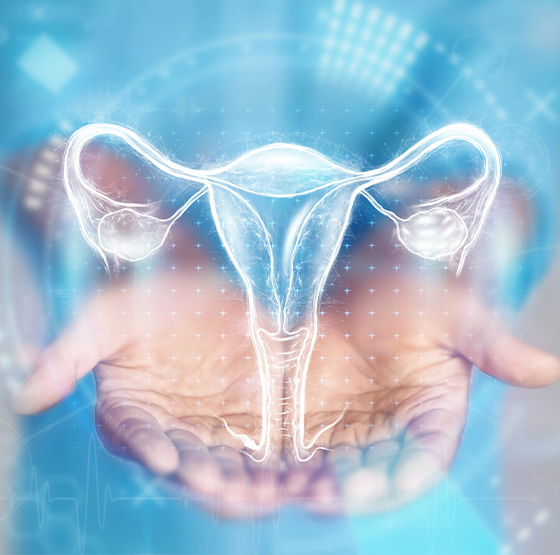
These exercises strengthen the muscles that support the bladder, urethra, and other pelvic organs. Regular practice can improve bladder control and reduce leakage.
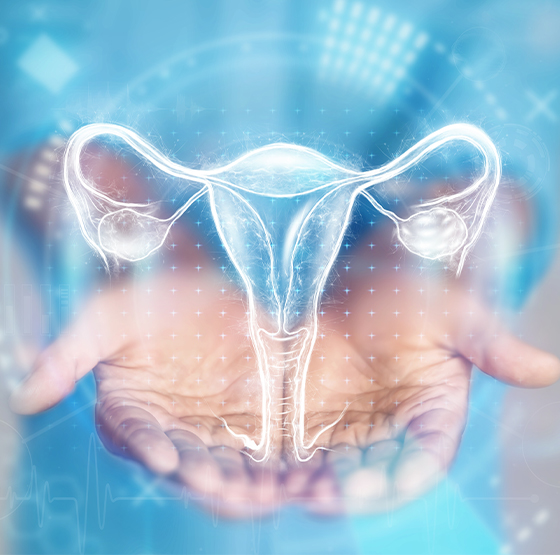
This behavioral technique involves urinating on a schedule and gradually increasing the time between bathroom visits to improve bladder control and capacity.
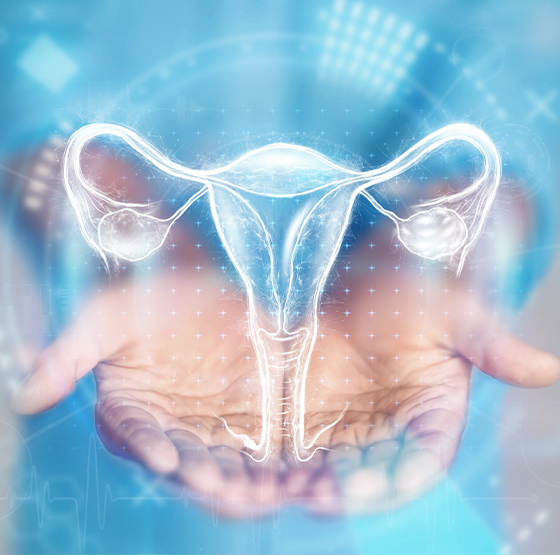
Various drugs can be prescribed depending on the type of incontinence, including anticholinergics for overactive bladder or alpha-blockers to relax bladder neck muscles.
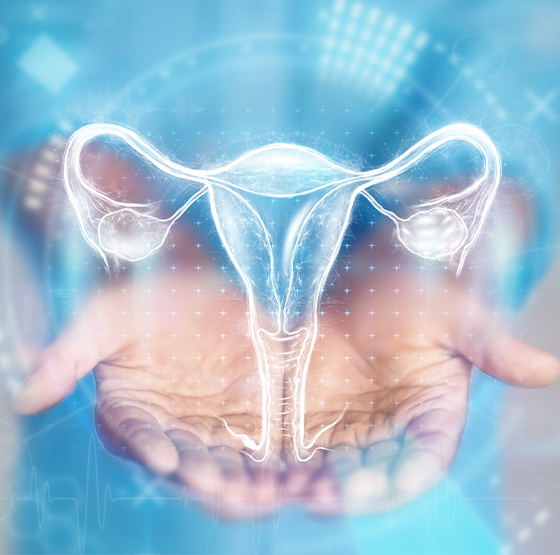
These removable devices are inserted into the vagina to support the bladder neck and urethra, potentially reducing stress incontinence.
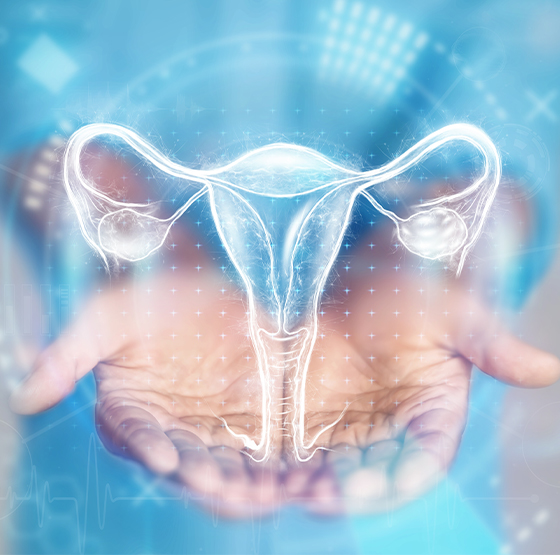
Substances are injected around the urethra to help it seal more effectively, reducing stress incontinence.
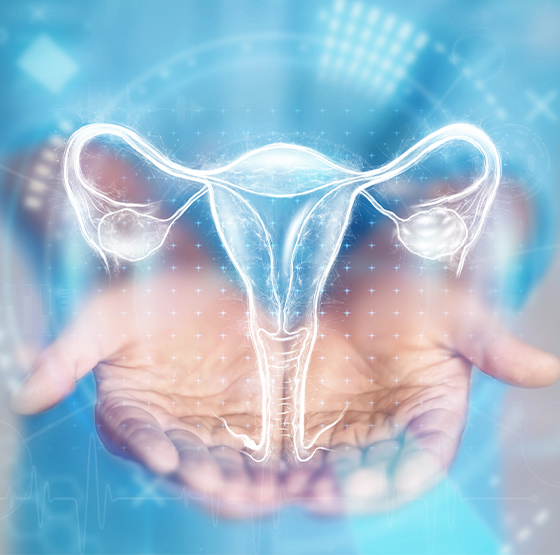
A small device is implanted to stimulate the sacral nerves, which control bladder function, potentially improving urge
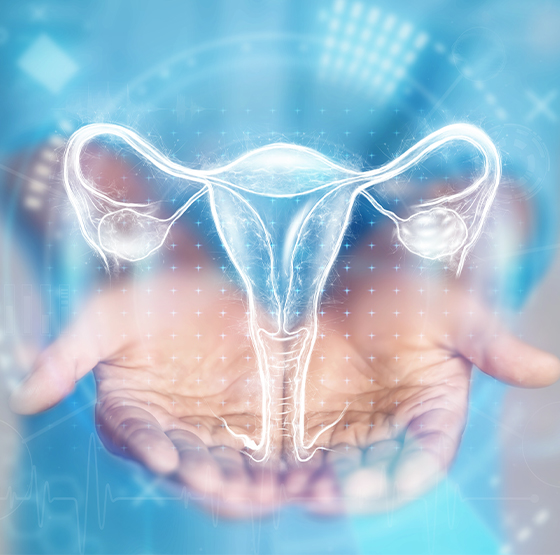
Procedures such as sling surgeries or bladder neck suspension may be considered for severe cases of stress incontinence that don't respond to conservative treatments.
Team of Excellence
Behind every recovery story at RG Hospitals is a team of exceptional doctors whose passion for healing and innovation continues to transform healthcare and redefine patient outcomes.
Find a DoctorLooking for an Expert
RG Hospitals is proud to be the home of some of the world's most distinguished doctors.

Patient Stories
View AllPatient Testimonial | Commitment To Care
Treated by Dr. Manoj Gupta , RG Stone Hospital, Dehradun
- All Locations
- New Delhi
- Haryana
- Punjab
- Kolkata
- Chennai
- Mumbai
- Goa
- Uttar Pradesh
- Uttarakhand



















